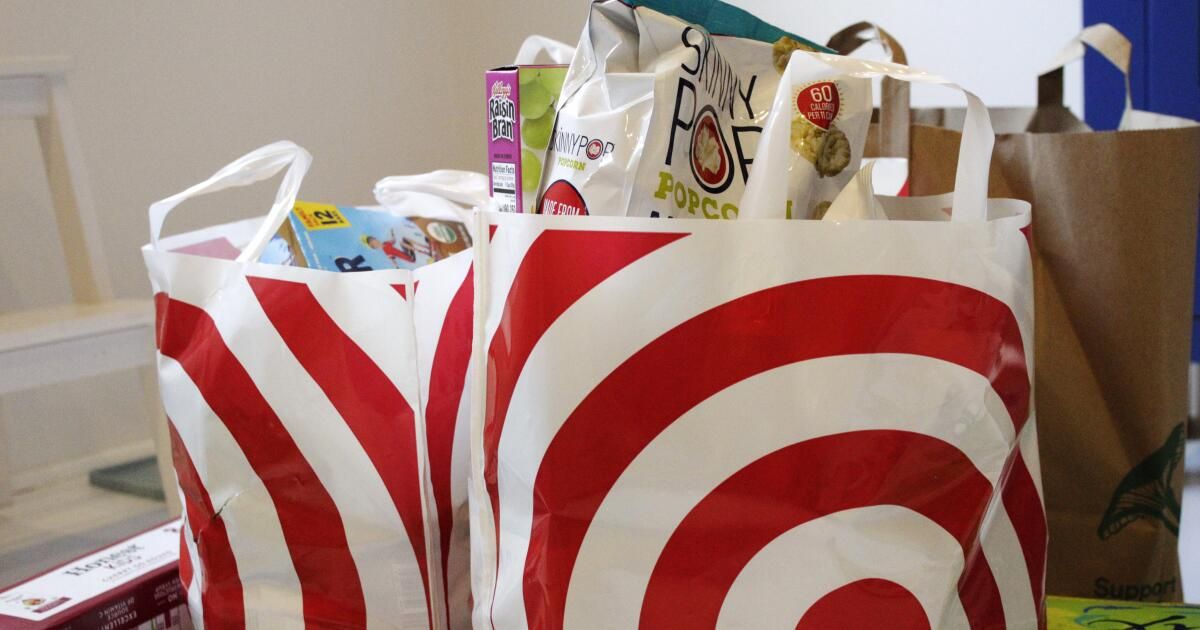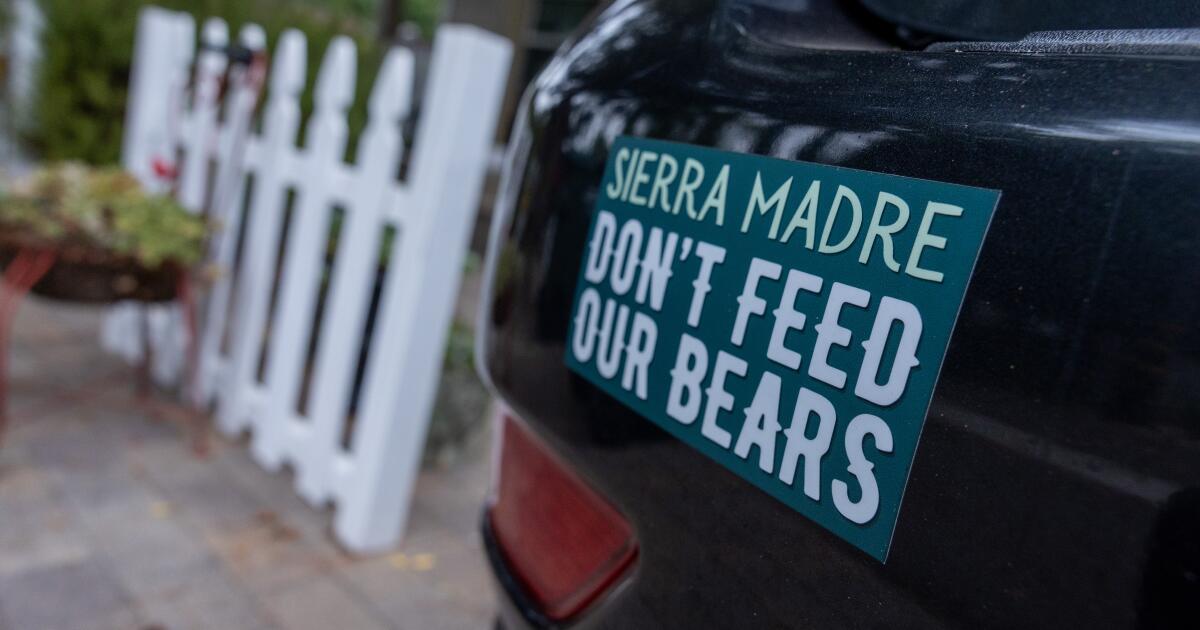California banned single-use plastic shopping bags in 2016, becoming the first state to adopt this important environmental measure. In the eight years it has been in place, billions of fragile plastic bags have been removed from the waste stream, and several other states have been inspired to adopt similar bans.
But this isn't as big an environmental victory as it sounds. While the ban eliminated one ubiquitous source of plastic waste, it inadvertently opened the door to an even more pernicious one: those thicker plastic bags sold at the checkout that were designed to be reused and recycled. Newsflash: They're not being reused in any meaningful way and can't be recycled. In fact, the total amount of plastic bag trash California sends to landfills has never been higher. This can't continue.
We need a second chance — a second plastic bag ban that fulfills the promise lawmakers made in 2014 when they passed Senate Bill 270, and that voters embraced two years later when they rejected an industry-led ballot measure to repeal it.
No one is to blame for this bad situation. No loopholes were exploited or shady moves made. This is simply a case of unintended consequences. In a nod to convenience, the 2014 law allowed retailers to offer more durable “reusable” and recyclable bags for sale at checkout for at least 10 cents each. It seemed reasonable at the time, since many retailers had been selling reusable bags.
No one negotiating SB 270 (by then-state Sen. Alex Padilla) imagined that these replacement bags — more than four times thicker than their flimsy predecessors and designed to be reused at least 125 times — would end up being treated as disposables. But that’s what happened. Retailers handed them out like candy, and consumers couldn’t have recycled them even if they wanted to. No recycling facility in the state accepts these bags.
And then the pandemic made everything worse. The governor lifted the ban on plastic bags, and retailers told shoppers to leave their reusable bags at home for fear they might harbor the virus. Using data from CalRecycle, CALPIRG, the consumer advocacy group, calculated that in 2014 California tossed about 157,385 tons of plastic bag waste into the trash. In 2022, plastic bags accounted for about 231,072 tons of trash. That’s nearly 50% more.
However, this can be easily fixed. There are two identical bills moving through the Legislature (Assembly Bill 2236 and Senate Bill 1053) that would ban all plastic bags at grocery checkouts starting in 2026. At that point, only paper bags made from at least 50 percent recycled materials would be allowed to pack groceries, as well as truly reusable bags brought in by shoppers.
The bills would also extend to grocery delivery services, such as Instacart and DoorDash, which were not very popular a decade ago. Sadly, the same exemptions that were in the original bill are also included in the new ones, including farmers markets, restaurants and some retail stores. That was a missed opportunity to remove even more plastic bags from the waste stream, and we hope lawmakers remove those exemptions soon.
This legislation is supported by the California Grocers Association, which would not support something that would not work for its customers. People will adapt. In fact, Trader Joe's and Whole Foods long ago stopped using plastic bags in favor of paper bags, and consumers have become accustomed to that.
There is one group that is not in favour of a new ban on plastic bags, and that is the plastic industry. Companies that make and sell single-use plastic products, such as bags and bottles, have become outrageously rich at the expense of the public, who must pay to clean up plastic waste and deal with the environmental damage it creates.
Of course, banning plastic bags alone won’t solve the global plastic waste problem. That will require a concerted effort to eliminate disposable plastic packaging in every state and country. California already took a step in that direction by passing Senate Bill 54 two years ago, which will phase out most of the plastic found on supermarket shelves today by 2032. As for plastic bags, we can and should address them sooner.












